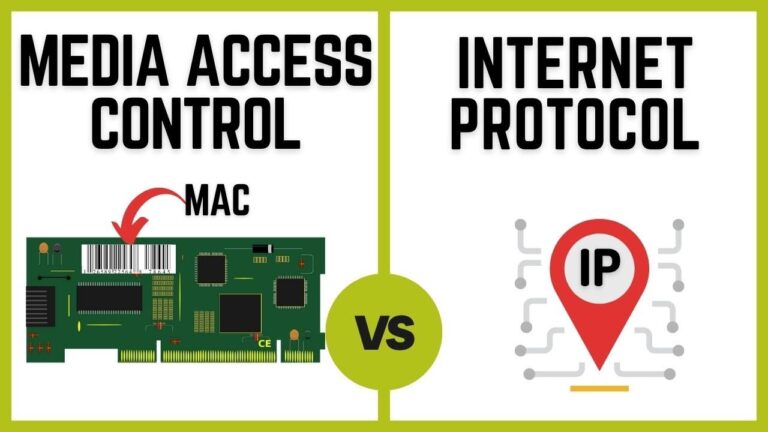AI-Driven Payment Gateways: Transforming the Digital Wallet Landscape

As the digital economy continues to expand, the integration of artificial intelligence (AI) in payment gateways is revolutionizing how transactions are conducted. This transformation is particularly significant for digital wallets, which have become essential tools for managing financial transactions in both traditional and cryptocurrency markets. AI-driven payment gateways are enhancing user experiences, improving security, and streamlining processes, all of which are critical for effective crypto asset management.
The Role of AI in Payment Gateways
AI is reshaping payment gateways by enabling them to analyze vast amounts of transaction data in real time. This capability allows for the identification of patterns and anomalies, enhancing the overall functionality and security of digital wallets. Key applications of AI in payment gateways include:
- Fraud Detection and Prevention: AI algorithms can analyze transaction behaviors to detect fraudulent activities. By learning from historical data, these systems can identify unusual patterns that may indicate fraud, such as a sudden increase in transaction frequency or transactions originating from unfamiliar locations. This proactive approach is crucial for building trust among users, especially in the realm of crypto asset management, where security concerns are paramount.
- Personalized Customer Experiences: AI-driven payment gateways can tailor experiences based on user preferences and behaviors. By analyzing past transactions, these systems can offer personalized recommendations for payment methods, promotions, or even investment opportunities. For instance, users managing crypto assets may receive suggestions for trading based on their transaction history and market trends.
- Dynamic Risk Assessment: With AI, payment gateways can perform real-time risk assessments for each transaction. By evaluating various factors—such as the user’s transaction history, geographical location, and payment amount—AI systems can assign risk scores. High-risk transactions can be subjected to additional verification, while low-risk transactions can proceed smoothly, improving the user experience.
Enhancing Security in Digital Wallets
Security is a critical concern in the digital finance sector, especially for users involved in crypto asset management. AI-driven payment gateways enhance security through multiple layers of protection:
- Biometric Authentication: AI technology can facilitate advanced biometric authentication methods, such as facial recognition or fingerprint scanning. These methods offer higher security levels compared to traditional password-based systems, significantly reducing the risk of unauthorized access to digital wallets.
- Continuous Monitoring: AI systems continuously monitor transactions, assessing them for suspicious activity. This ongoing scrutiny allows for immediate action if any anomalies are detected, such as flagging a transaction for further verification or temporarily freezing a wallet until the user can confirm their identity.
- Adaptive Learning: AI algorithms can adapt to changing user behaviors over time. This adaptive learning enables payment gateways to fine-tune their fraud detection mechanisms, reducing false positives and enhancing the user experience.
Streamlining Payment Processes
The integration of AI in payment gateways also streamlines the transaction process, making it more efficient for users:
- Automated Transaction Processing: AI can automate various aspects of the transaction process, such as fund transfers and compliance checks. This automation not only speeds up transactions but also reduces human error, creating a more reliable experience for users managing their crypto assets.
- Instant Customer Support: AI-powered chatbots can provide instant customer support for users encountering issues with their digital wallets or transactions. By addressing common queries and concerns, these chatbots enhance customer satisfaction while freeing up human agents to focus on more complex issues.
- Predictive Analytics: AI-driven payment gateways can utilize predictive analytics to forecast customer behaviors and market trends. This capability is particularly beneficial for users engaged in crypto asset management, as it allows them to make informed decisions about their investments based on anticipated market movements.
The Future of Digital Wallets with AI
As AI continues to evolve, its impact on payment gateways and digital wallets will only grow. The future of these technologies promises enhanced features and capabilities, including:
- Greater Interoperability: AI can facilitate the integration of various payment systems, allowing users to manage multiple cryptocurrencies and fiat currencies within a single digital wallet. This interoperability will streamline the user experience and make crypto asset management more accessible.
- Advanced Analytics: With the increasing complexity of financial data, AI will provide deeper insights into user behaviors and market dynamics. This advanced analytics capability will empower users to optimize their investment strategies and enhance their overall financial management.
- Improved Regulation Compliance: AI can assist payment gateways in adhering to evolving regulatory requirements. By automatically monitoring transactions for compliance and generating necessary reports, AI systems can simplify the regulatory burden for businesses in the digital finance space.
Conclusion
AI-driven payment gateways are transforming the digital wallet landscape by enhancing security, streamlining transactions, and personalizing user experiences. As these technologies continue to develop, they will play an increasingly vital role in effective crypto asset management. By leveraging the power of AI, digital wallets can provide users with secure, efficient, and personalized financial management tools, ultimately shaping the future of finance in a rapidly changing digital economy.






